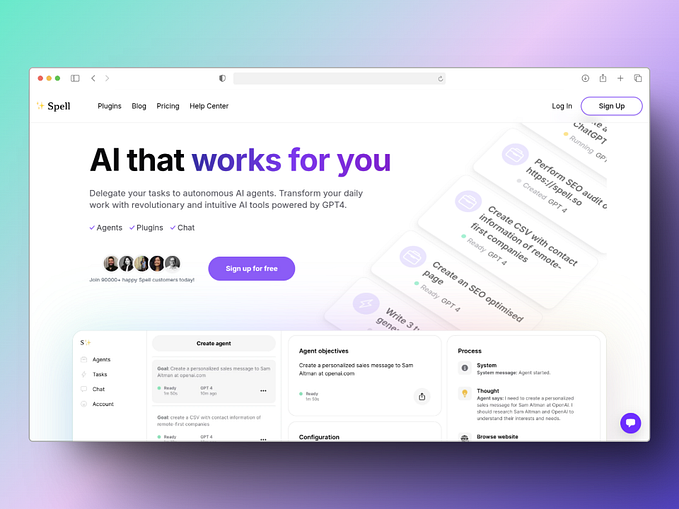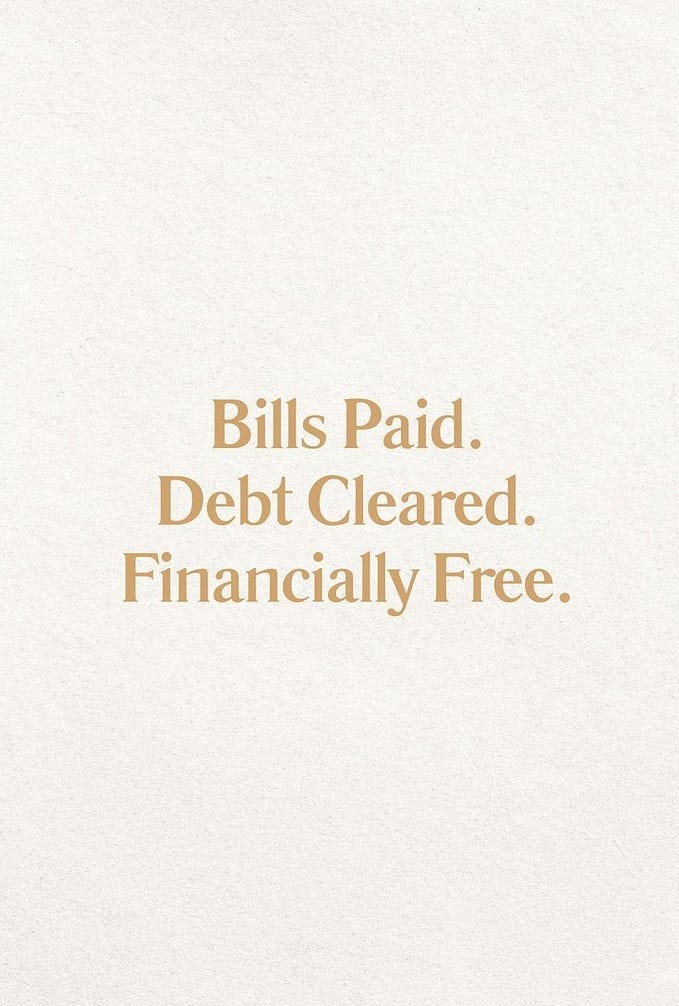A Business Idea to Give Away: Fuel Delivery
Recent petrol (or gasoline — for our US readers) crisis in the UK made me wondering if we can introduce new ways of how we refuel our cars. With so many things delivered to our doorsteps in a snap of our fingers (or more accurately, with a tap of our finger on a mobile screen) why car fuel can’t be one of them?
UK fuel shortage revisited
The crisis in the UK is mainly caused not by the lack of the fuel itself, but by a supply chain failure. Shortage of HGV (heavy goods vehicle) drivers is causing many fuel stations to run out of fuel, because they are not refilled in time. This in turn creates an avalanche effect as drivers, seeing many stations closed, begin stockpiling fuel and pushing the demand and consumption even higher.
Even with all the calls from the UK Government not to panic buy, car drivers keep creating lengthy queues at fuel stations and try to fill every available fuel can with petrol or diesel besides their car fuel tank. The market need is apparent here: car drivers want the ability to refuel their cars whenever they want and with whatever amount they want. Anything less is just not tolerated.
Solving the HGV driver shortage
A textbook approach for dealing with unavailable goods/services is to try to find substitutes. HGV drivers are a scarce resource as one needs a special license and training to drive huge trucks especially transporting flammable materials. But unlike cars or containers, for example, fuel is liquid and can be divided into unlimited amount of smaller shipments. So in the end there is no reason why fuel can’t be transported by smaller vehicles with a size of a large van. Of course, these “large vans” have to be adapted for fuel transportation, which might be a big upfront investment. However, that investment might be justifiable for a country-wide venture.
This is where fuel delivery comes into play: sending a fleet of “large vans” instead of a one big HGV to refuel a single petrol station might not be economically feasible. However, it might make sense to do so to cover a whole neighbourhood of potentially distributed customers, who want their fuel delivered to their doorsteps.
Taming the surging fuel demand
Another advantage of fuel home delivery is the ability to somewhat cope with the anxiety of car drivers not getting their fuel in time. As we established above, if drivers don’t get the chance to refill their tanks, when they want — they begin to panic. However, the surging demand can be partially solved not only by immediate delivery, but also by a promise to deliver the fuel at a certain time later.
Imagine, you’re a driver needing to get some fuel for your car “soon” and you know you might need to spend some time finding a petrol station as well as you’re facing some hours in the actual queue at the station. If you had an alternative — an app, which allows you to book a fuel delivery for later today, you would probably seriously consider it.
By having some kind of a slot system such booking app can flatten surging demand over a longer period of time as well as distribute consumption more evenly across space instead of all drivers in a highly populated area going to a single closest petrol station all at once. And by providing advanced bookings we mostly solve the panic buying problem, as being able to prebook fuel delivery reduces the drivers’ anxiety.
Will this venture be useful, when the crisis passes?
Probably. Many people are willing to pay extra to have their food delivered to their doorsteps. And we are not talking about fancy restaurant dishes, but also low-end fast food chains and coffee shops. Most of the time petrol stations are located close to shopping malls and food places, so if people are not willing to go themselves to food courts, they might reconsider wasting their time going to petrol station, should they get an alternative.
It is worth noting that even if fuel home delivery ends up not being viable, the fuel booking system may be useful on its own and probably requires much less upfront investment. How many times, even before the crisis, did you show up at a petrol station before the weekend or holidays just to find yourself in a queue, because everyone else did the same? What if instead you could just book a time slot at the station in the same way we book doctor appointments, and get your fuel without any waiting or other inconvenience? Definitely, sounds more appealing to me…
Is the idea new?
Not really. There are emergency or breakdown services available, which would also deliver small amounts of fuel in case of need. However, their use-case is limited to emergency road assistance.
Surprisingly, there was a startup in the UK — Zebra Fuel, which attempted exactly this idea in the past, however they ceased their operations in 2019. Somehow I’ve never heard about them previously, so it seems they never reached the viral marketing point. And it is not clear, why they pulled out of this seemingly successful business. Perhaps, the timing wasn’t just right and the current fuel crisis would have given them a rocket boost.
Do you think this business is viable? Why/why not? (Leave a comment)









